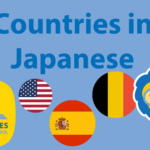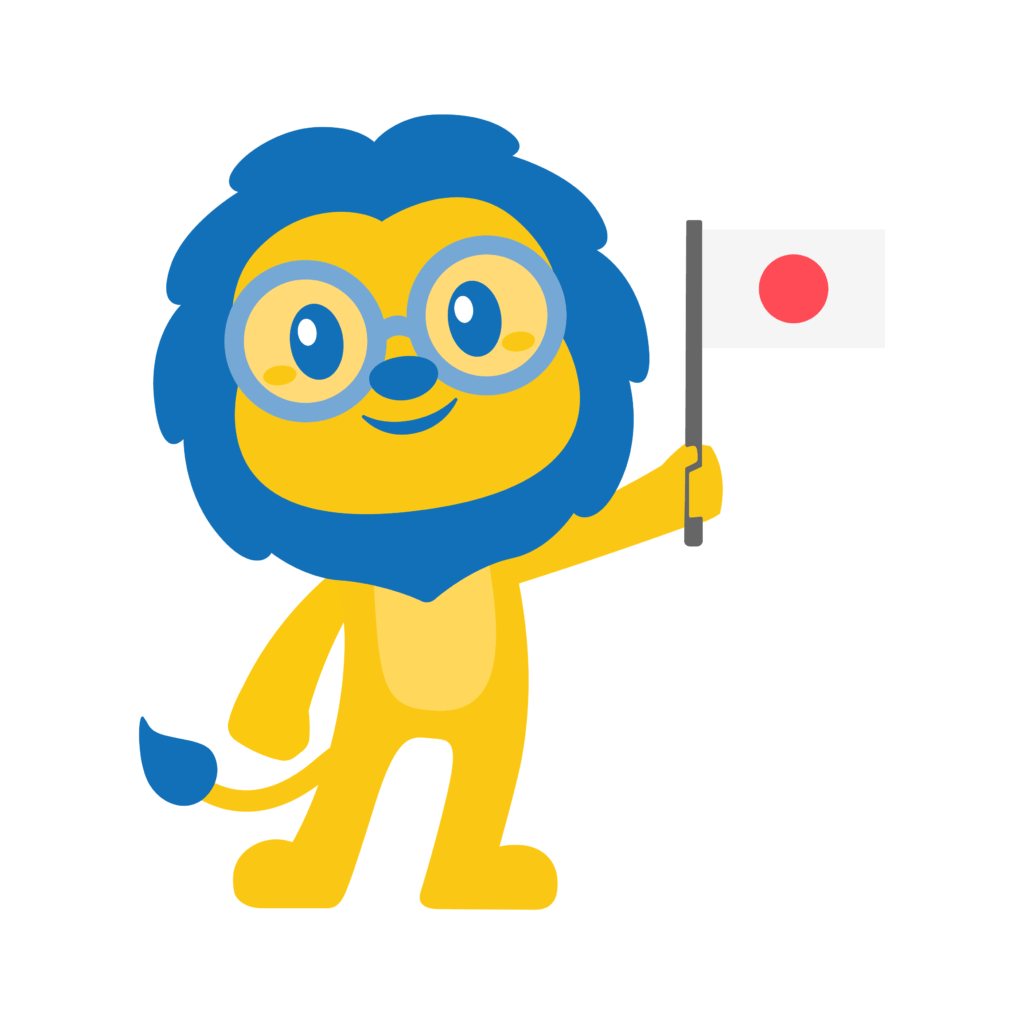How to Say Thank You in Japanese: From Anime Slang to Formal Expressions
Understanding the Variations of How to Say Thank You in Japanese
The Japanese language offers multiple ways to say “thank you,” each with its own nuance.

The most common and polite expressions are:
ありがとうございいます (arigatou gozaimasu) and ありがとうございました (arigatou gozaimashita)
You may also know that even a phrase like すみません (sumimasen) can sometimes convey gratitude, making Japanese a language rich in subtle expressions of thanks.
Expressing appreciation without directly saying “thank you” is a distinct feature of Japanese communication. Mastering these nuances can impress native speakers and make your speech sound more natural!
In this blog, we’ll explore various ways to express gratitude in Japanese, from formal to casual and even slang expressions often seen in anime and online culture.
Thank You in Japanese || Formal Expressions
Thank You in Japanese || Casual Expressions
Thank You in Japanese || Highly Context-Sensitive Expressions
Thank You in Japanese || Very Colloquial Expressions and Slang
Thank You in Japanese || FAQs
Thank You in Japanese || Formal Expressions
When it comes to expressions of gratitude in Japanese, most people have heard of ありがとう arigatou.
But ありがとう (arigatou) is a casual expression and saying this to a superior is considered a little rude.
If you are not yet proficient in Japanese and you want to express gratitude without risking sounding rude, you should say:

ありがとうございますarigatou gozaimasu
To express gratitude more strongly, add the word どうも (doumo) and say:
どうもありがとうございますdoumo arigatou gozaimasu
In everyday situations, using どうもありがとうございます (doumo arigatou gozaimasu) will give a very polite and courteous impression. If you use this expression, at least you don’t have to worry about displeasing or offending others.
👉 However, if you say it to someone much younger than yourself or a subordinate, it gives a strange impression, so in this case, just say ありがとう arigatou.
The adjectival form of the word ありがとう (arigatou) is ありがたい (arigatai), which literally means “hard or rare to exist.” To say ありがとう (arigatou) is essentially saying “this is so rare that I must be thankful.”
Since you’re learning how to be polite in Japan, don’t forget to learn how to say Sorry in Japanese too!

27 Country Names in Japanese 🌍 Your Complete Guide
Countries in Japanese – Interested in learning some country names in Japanese? Some actually translate and sound very similar to English, come and see!
Thank You in Japanese || Casual Expressions
For those who are close to you, use expressions such as:
どうも doumo
ありがと arigato arigatou with the ending abbreviated
サンキュー sankyu, the Japanese reading of English
In colloquial speech, some vowels are often omitted. For example, さようなら sayounara is pronounced さよなら sayonara, ありがとう arigatou is pronounced ありがと arigato, and so on. Even どうも doumo is sometimes pronounced ども domo.

どうも (doumo) is another versatile expression. It is the kind of expression you would use as a casual greeting or as a way of saying thanks, when borrowing something and returning it, for example.
Which is more polite, ありがと arigato or どうも doumo?
For the author, saying どうも doumo is preferred when appreciating the favor of strangers. ありがとう Arigatou is an expression used for people of the same or lower rank, so it is perceived as too familiar an expression to a stranger.
To strangers, it is better to say ありがとうございます arigatou gozaimasu or どうもありがとうございます doumo arigatou gozaimasu.
Thank You in Japanese || Highly Context-Sensitive Expressions

As already mentioned, there are many generic expressions in Japanese that have various meanings depending on the context.
すみません sumimasen, for example, can be used to express gratitude, to apologize, or to speak to someone in the sense of “excuse me.”
In this section, let’s discuss expressions that are not directly expressing gratitude, but can be used to express gratitude in the actual flow of conversation.
お疲れさまです otsukaresama desu is a frequently used expression in the workplace, and like すみません (sumimasen) it has a variety of meanings. In business situations, it is used in a great variety of meanings, such as greeting, thanks, farewell, and so on.
For example, it is used when meeting with a colleague. This expression is also used to thank someone for a job well done. For example, when you receive a document you had asked for from someone, you say, お疲れさまです (otsukaresama desu).
It can also be used as a parting greeting to colleagues or superiors.
In daily conversation among Japanese people, it is not common to say さよなら (sayonara) clearly as a parting greeting, but expressions like お疲れさまです (otsukaresama desu) are used.

Japanese Loanwords 🤩 41 You Should Learn Straight Away
Japanese Loanwords are actually a great way to boost language learning motivation because it makes you realise you can still find similarities with English!
ご苦労さまです Gokurousama desu is also one of the expressions of gratitude used to thank someone for their labor. But you are not supposed to say this to your boss or superiors. This expression is used by a superior to a subordinate. It is usually safer to say お疲れさまです (otsukaresama desu).
ご苦労 Gokurou is often used by bosses. It sounds like “well done.” 苦労 (kurou) means hardships, and ご go is a prefix added to increase politeness.
お世話になりました Osewa ni narimashita is also a very polite way to express gratitude. For example, after staying for a few days on a trip, you say to the host of the place you were staying when you leave. It is also used as a greeting upon resignation.
世話 Sewa literally means caring or consideration. It is an expression of gratitude for the care and attention you have received over the previous period.
Thank you in Japanese || Very Colloquial Expressions and Slang
Want to enjoy more Japanese anime?
If so, you should know about slang to say “thank you” that frequently appears in anime and is used in everyday conversation. But it is safer not to use these expressions yourself.
あざす azasu or あざっす azassu is an abbreviated form of ありがとうざいます (arigatou gozaimasu). It is a very casual expression, so it’s best to avoid using it yourself.
In Japan, this expression is often associated with members of a school club or part-time employees at a convenience store. So this expression appears frequently in animations that are set in schools. But if you were to say this to your boss at work, you would be fired immediately.

In Internet slang, 乙 おつ otsu is said to mean お疲れさまです (otsukaresama desu).
乙 is a kanji character that expresses sophistication and cleverness, but because of the way it is read, it has taken root as Internet slang. It may also be used verbally as slang. This expression is also totally discouraged for use in the workplace.
As an expression derived from this, わこつ wakotsu is used. It’s a shrunken form of 枠乙 わくおつ waku otsu, where 枠 (waku) means distribution channel. On Nico Nico Douga, an important part of Japanese anime culture, this expression is used by viewers to thank the distributor for broadcasting to them.
That’s all for this article! If you’ve come across any other expressions for ‘thank you’ in Japan, let us know in the comments section!
If you enjoyed this blog, make sure to check out:
👉 How to say thank you in Chinese
👉 How to say thank you in Vietnamese
👉 How to say thank you in Korean
Thank you in Japanese || FAQs
What is the nicest way to say thank you in Japanese?
In daily conversations, it is nicest to say どうもありがとうございます doumo arigatou gozaimasu.
What is the casual way to say thank you in Japanese?
The casual way to say thank you is どうも doumo or ありがと arigato.
Can I say ありがと arigato to my boss?
No. ありがと Arigato is a casual expression, so you should say ありがとうございます arigatou gozaimasu to your boss.
How do you respond to “ありがとうArigatou” in Japanese?
You can respond with “どういたしまして Dou itashimashite,” which means “You’re welcome.”
Is it important to use the proper form of “Thank you” in Japan?
Yes, using the appropriate form of “Thank you” is important in Japan as it reflects respect and politeness.
Want More From LTL?
WANT TO LEARN JAPANESE? Check out our online Japanese courses here.
We offer a 7-day free trial to all new students where you can study 24/7.
What about studying Japanese in Japan instead? We’ve got your back. Our Japanese courses in Tokyo can either be taken in small groups of no more than 5 students or individually for a more tailored experience.
We even offer incredible homestay experiences in Tokyo as well.
Come and be a part of this amazing community.









